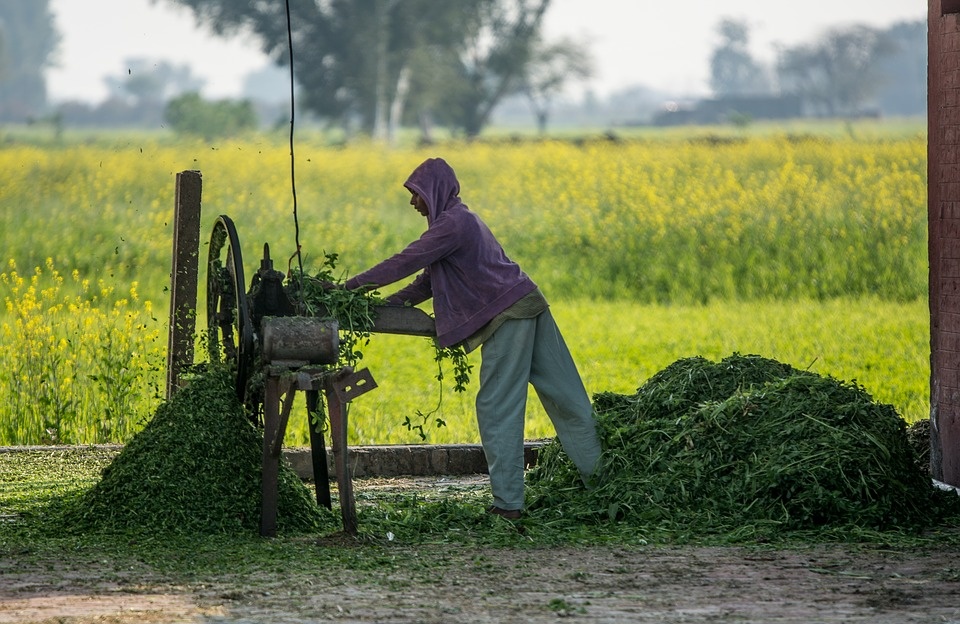Work Package 2.1a

About:
WP2.1a conducts experimental testing of agronomic and genetic solutions, with a focus on NUE, profitability and yield (amount & quality). The approach explores tailored solutions to local problems, but with a standardised protocol for experimentation and analysis. Trials will be established at 9 research centres in AFG, BGD, IND, LKA, NPL and PAK to optimise synergies. A key challenge is to go beyond Neem Coated Urea (mandatory in India since 2015), which reduces N2O and NO3- losses but has been found to increase NH3 emissions (NEWS VJC). Chemical urease inhibitors will be tested followed by a search for more socially-acceptable plant-based inhibitors, while urea deep placement, plus better use of legumes, green manures and livestock excreta all offer opportunities (e.g.15). Full N budgets will be established for contrasting soils and climates, extending 15N protocols for N2O/N2 ratio and novel NH3 flux methods, linked to harvest outcomes to build farmer confidence.
Work package level Specific objectives:
- Quantify the fate of applied nitrogen fertilisers within typical farm systems across SE Asia, partitioning these between the crop, soil and losses from the system.
- Working with WP2.2 to develop locally-based mitigation treatments that can be compared within plot-based experiments.
- Quantify the magnitude and timing of N loss between different pathways and determine crop NUE achieved by different mitigation options.
- Develop an annual N budget for different experimental manipulations within cropping systems studied indicating the magnitude of change that can be achieved by management interventions.
Work package level-specific questions or hypotheses:
- What changes to current agricultural practice in the region would be most likely to improve NUE and reduce losses of N?
- What is the effect on crop yield and quality of agronomic interventions aimed at improving NUE and reducing N losses?
- How do N loss processes respond to changing rates of N input?
- How much nitrogen can be supplied from the soil without addition of N fertilisers?
- How are losses of N partitioned between different pathways in response to management approaches, and are there environmental tradeoffs that may result from such altered management?
- What changes in the greenhouse gas and nitrogen balances can be achieved by agronomic management aimed at improving NUE
- On the basis of plot-level experiments can improvements to local fertiliser recommendations be provided?
Work Package Leads:
- Bhatia (IARI)
- Rees (SRUC)
Partners:
- CEH
- University of Edinburgh
- SRUC
- Rothamsted Research
- BRRI
- University of Rajshahi
- University of Perideniya
- IARI
- BSMRAU
- University of Faisalabad
- NRRI
- IAAS
- CFA
- NFDC
